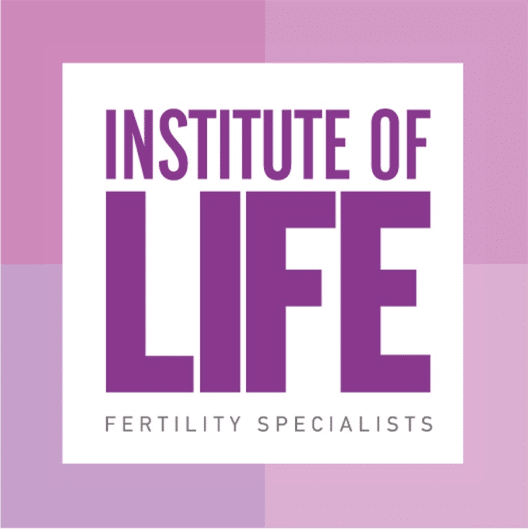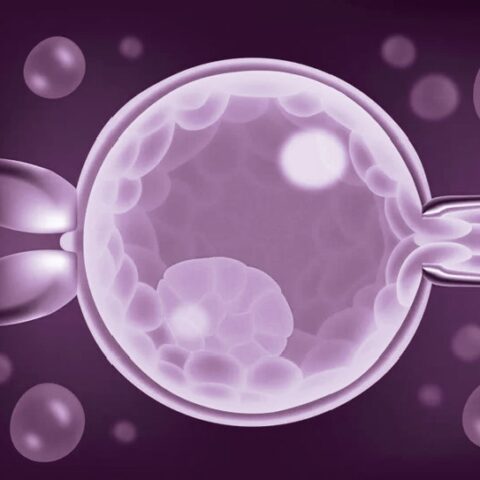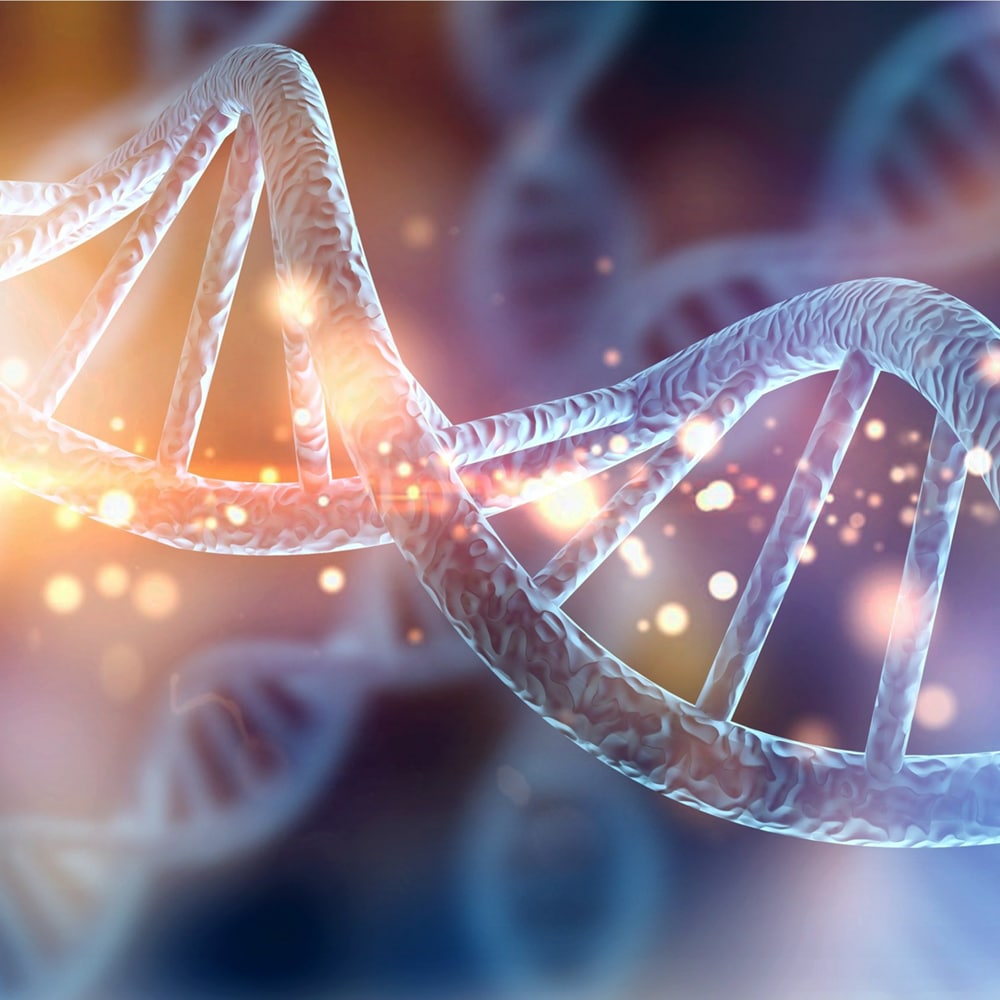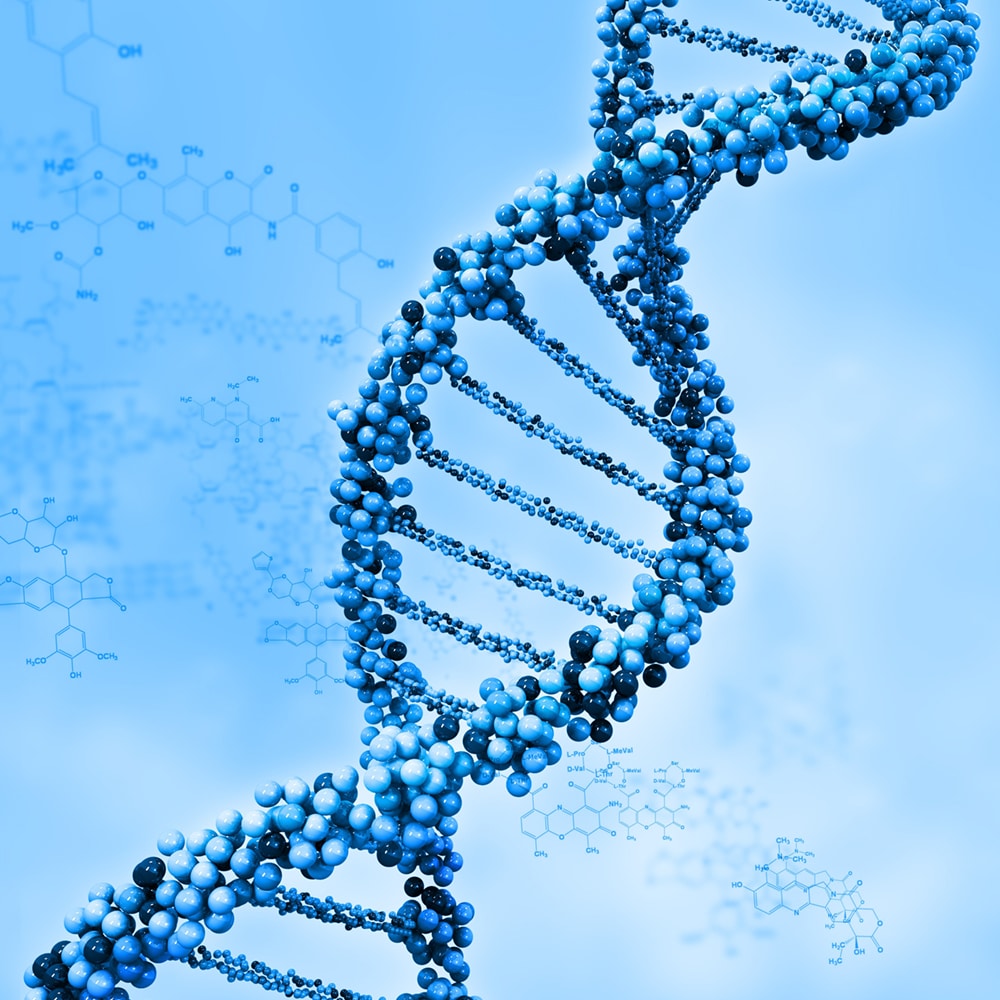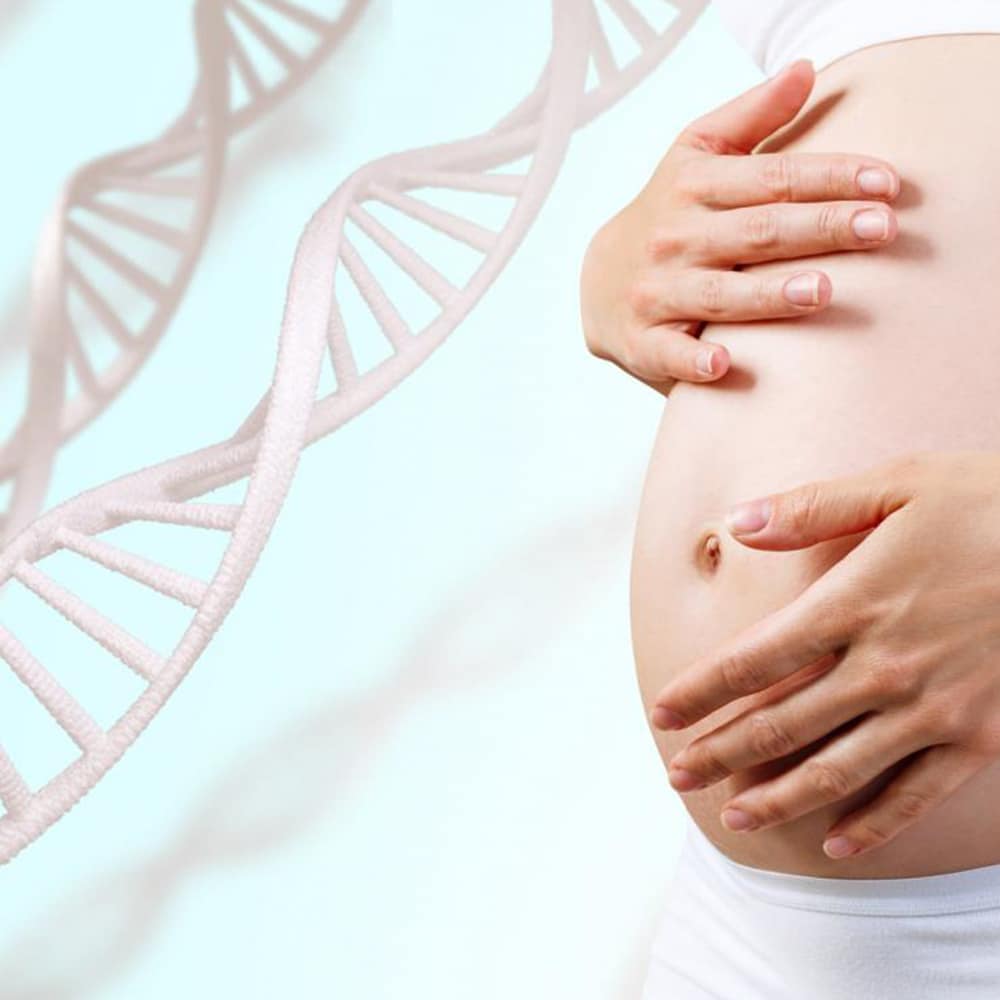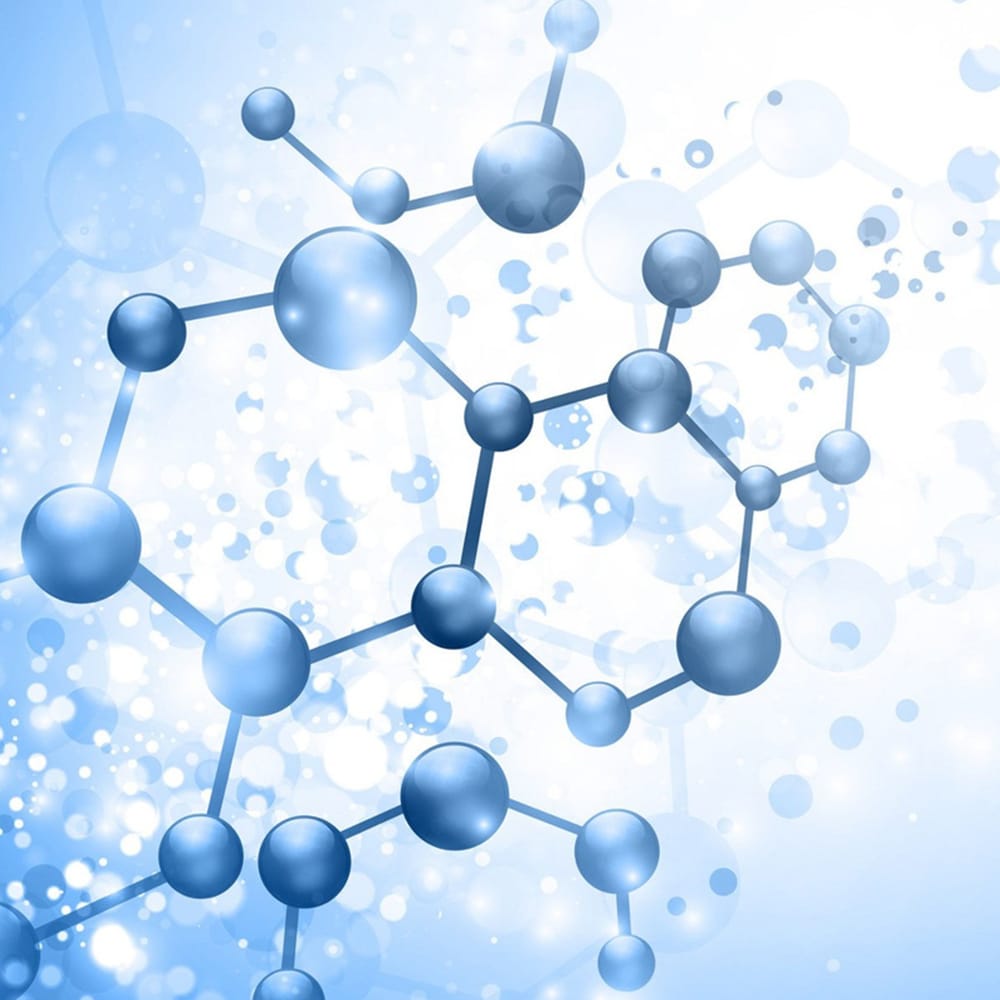Preimplantation Genetic Testing for Monogenic Defects (PGT-M)
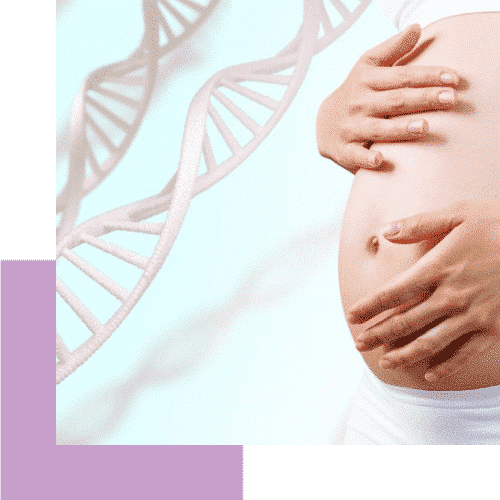
In the context of assisted reproduction, the PGT-M method is used to select the embryos that do not carry defects from the carrier status of the parents.
In each person, each cell contains chromosomes inherited from each parent, 23 from the father and 23 from the mother. Therefore, each person has two pairs of 23 chromosomes or 46 chromosomes in total. These chromosomes consist of molecules known as DNA.
Our DNA can be divided into small segments known as genes.
When the gene function changes by an alteration known as mutation, a monogenic carrier status (stigma) appears in the sequence in question. In the context of assisted reproduction, the preimplantation genetic testing for monogenic defects (PGT-M) method, also known as preimplantation genetic diagnosis (PGD), is used to select the embryos that do not carry defects from the parents. By conducting minimally invasive biopsy at the blastocyst stage, it is possible to examine the embryos genetically, with 99% accuracy.
Relevant Topics
-
-
KIR/HLA-C Genotyping
KIR/HLA-C Genotyping KIR and HLA-C genotyping is a genetic tests that allows us to evaluate the risk of an...
-
Endometrial Immunological Testing (ImMap)
Endometrial Immunological Testing (ImMap) For successful pregnancy, it is important for the maternal and embryonic cells to co-exist in...
-
Non-invasive Preimplantation Genetic Screening of Chromosomes (niPGT-A)
Non-invasive Preimplantation Genetic Screening of Chromosomes (niPGT-A) This groundbreaking non-invasive procedure (niPGT) eliminates the need for an embryo biopsy...
-
Preimplantation Genetic Testing for Monogenic Defects (PGT-M)
Preimplantation Genetic Testing for Monogenic Defects (PGT-M) In the context of assisted reproduction, the PGT-M method is used to...
-
Preimplantation Genetic Screening of Chromosomes (PGT-A)
Preimplantation Genetic Screening of Chromosomes (PGT-A) It permits selecting only embryos with the right number of chromosomes to be...

